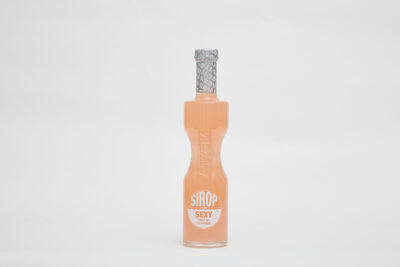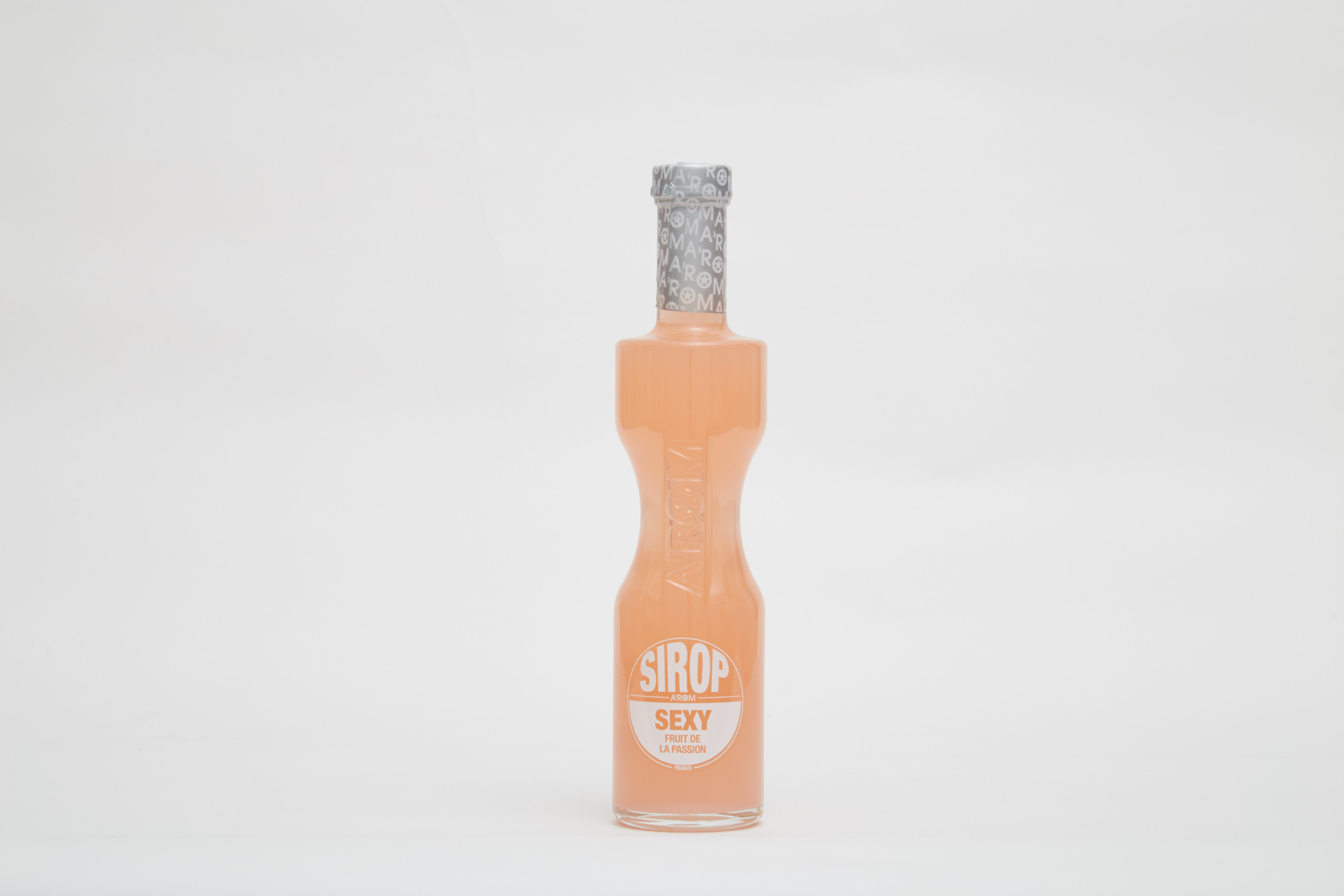Sirop goût Sexy (Fruits de la passion) - A'ROM - 35 cl
This product page is not complete. You can help to complete it by editing it and adding more data from the photos we have, or by taking more photos using the app for Android or iPhone/iPad. Thank you!
×
Barcode: 3700389713924 (EAN / EAN-13)
Common name: Sirop goût Sexy (Fruits de la passion)
Quantity: 35 cl
Brands: A'ROM
Categories: Beverages
Labels, certifications, awards: Carbon footprint, Carbon footprint
Origin of ingredients: France
Manufacturing or processing places: FRANCE
Traceability code: EMB 13119B - Carnoux-en-Provence (Bouches-du-Rhône, France)
Stores: GLOBUS, FRANCE, LITTLE EXTRA
Countries where sold: France
Matching with your preferences
Health
Ingredients
Food processing
Additives
Ingredients analysis
Nutrition
Environment
Packaging
Transportation
Report a problem
Data sources
Product added on by osteng
Last edit of product page on by fix-serving-size-bot.
Product page also edited by packbot.






